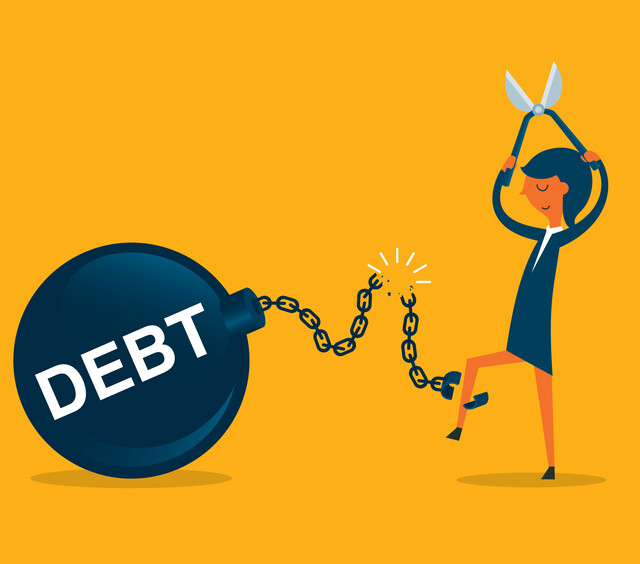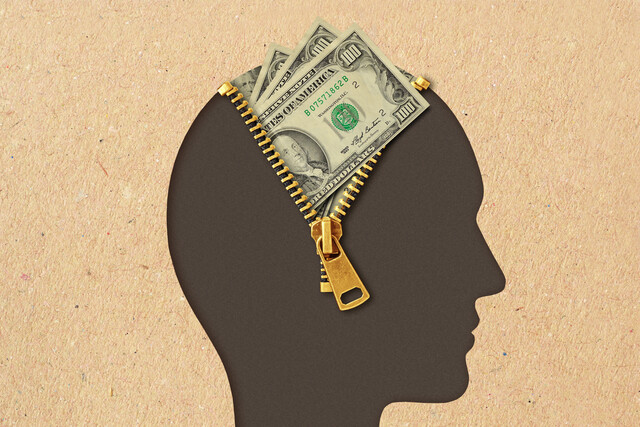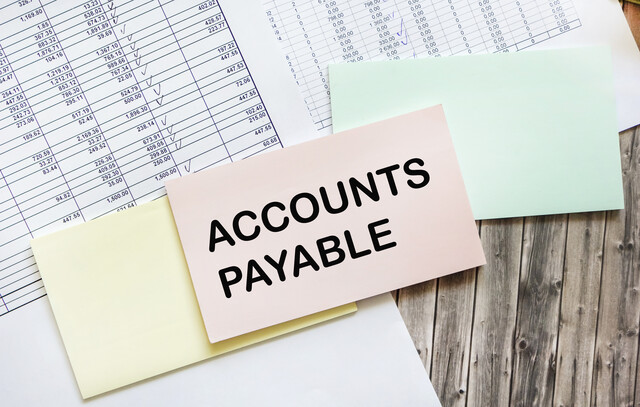Lesson 1. Scarcity and Society: Understanding Core Economic Concepts
Emphasizing the role of economic principles in real-world applications, the lesson highlights how consumer behavior and technological innovation intertwine, illustrated by examples like online retail strategies and social media algorithms. Similarly, healthcare funding and urban development showcase economic challenges and solutions in diverse sectors.
Lesson 2. Varied Currents in Economic Thought: Exploring Timeless Principles and Modern Insights
Aristotle's focus on the ethics of economics underpins modern discussions on wealth disparity and ethical financial conduct. Mercantilism and classical economics further developed ideas about national wealth, paving the way for critiques and innovations like Marxism and Keynesianism.
Lesson 3. Unveiling the Core of Economics: A Journey Through Mankiw's Principles
Gregory Mankiw's economic principles decode complex societal mechanisms, shaping individual and collective decisions. His work serves as a toolkit for navigating economic landscapes and unlocking insights, influencing significant institutions such as the Federal Reserve.
Lesson 4. Diverse Economic Systems and Their Societal Impacts
Examine the key questions that define economic systems: what to produce, how to produce, and who consumes. Traditional, market, and public systems offer distinct avenues for addressing these questions, each with its societal impact and integration challenges.
Lesson 5. Standard Metrics: The Common Language of Economies
Economics serves as an essential lens through which we navigate and understand the intricate dynamics of resource management within societies, relying on metrics like GNI to facilitate global comparisons. Understanding income classifications and their implications helps shape effective policy-making and guides crucial economic decisions.
Lesson 6. U.S. Economic Insights: Navigating Success and Challenges
U.S. economic strengths include abundant natural resources and a skilled workforce, which bolster its global leadership in agriculture and technology. However, challenges like income inequality and trade deficits underscore the need for policies promoting equity and competitive market conditions.
Lesson 7. Economic Power Unveiled: A Closer Look
The rise of China and India as significant economic players underscores a shift in global power dynamics, challenging traditional economic hegemony. Their accelerated growth reflects strategies harnessing labor, infrastructure advancements, and export-led expansions.
Lesson 8. Economics Unveiled: Micro Decisions, Macro Impacts
Microeconomics delves into individual consumer and producer behaviors within specific markets, while macroeconomics addresses aggregate economic trends and policy implications at a national level. Together, these lenses offer a comprehensive toolkit for analyzing and steering economic progress.
Lesson 9. Unveiling the Federal Reserve: Origins and Objectives
Tasked with a dual mandate, the Federal Reserve operates independently to minimize political influence, using monetary policy to balance inflation and employment. Its structure includes a central Board of Governors and twelve regional banks, providing comprehensive oversight and regulatory support across the U.S.
Lesson 10. Corporate Decision-Making and Economic Analysis
Market structures, from perfect competition to monopoly, define the economic environments that shape corporate strategies and opportunities. By understanding these structures, businesses can craft informed strategies that navigate competitive challenges and capitalize on growth potential.
Lesson 11. Economic Insights: Understanding GNP and GDP
Operational planning and economic forecasting heavily rely on GNP and GDP to project future market trends and economic stability. Businesses use these indicators to assess past performances, guiding strategic moves that align with economic growth objectives.
Lesson 12. Exploring the Dance between Producers and Consumers
The lesson provides a comprehensive overview of supply and demand as foundational principles of economics, illustrating their role in determining prices and market dynamics. By examining scenarios like competitive marketplaces and monopolies, it highlights how these concepts shape consumer behavior and macroeconomic trends.
Lesson 13. Navigating Economic Forces: From Curves to Elasticity
In economics, supply and demand curves are essential for understanding how prices guide market equilibrium, balancing quantity supplied with quantity demanded. Elasticity highlights how significant or minor price changes affect this balance, shaping business strategies and economic policies.
Lesson 14. Marginalism and Economic Insight
Marginalism, a key economic concept, explores how subjective experiences and objective costs define the value of goods and services, offering insights into consumer behavior, supply, and demand. By focusing on incremental changes in consumption, it reveals how additional utility influences purchasing decisions at the margin.
Lesson 15. Fiscal and Monetary Policy: Keys to Economic Health
Fiscal policy, involving government spending and taxation adjustments, and monetary policy, focusing on money supply and interest rates, work in tandem to modulate economic activity. While fiscal policy offers immediate economic impact, monetary policy provides a longer-lasting influence on inflation and growth.
Lesson 16. Sustainable Growth: Balancing Development and Environmental Integrity
Evaluating stimulus impact involves nuanced metrics and strategic execution to ensure effectiveness and mitigate heightened deficits. Programs like unemployment benefits offer immediate economic reentry, but delays or inefficiencies can diminish desired outcomes.
Lesson 17. Decoding Interest Rates: Your Guide to Modern Economics
Interest rates are pivotal in shaping economic dynamics, greatly influencing individual financial habits and market behaviors. Understanding how these rates operate and fluctuate can provide a strategic advantage in personal and professional financial planning.
Lesson 18. Unveiling the Power of Interest Rates
Interest rates are a fulcrum capable of tilting economic landscapes between buoyant growth and sobering restraint, with every adjustment echoing across sectors. Their impact, seen in delayed yet decisive shifts in markets and consumption, underscores the need for strategic foresight in economic planning.
Lesson 19. Money Dynamics: Understanding Inflationary and Deflationary Forces
A variety of factors, such as supply chain disruptions and wage-price spirals, influence inflation dynamics significantly. Recent events like the COVID-19 pandemic have shown how global disruptions can lead to inflation even in economically stable regions.
Lesson 20. Navigating the Vibrant Tapestry of Financial Markets
Investment strategies within financial markets, emphasizing diversification and risk tolerance, are crucial for wealth management and growth. These strategies, bolstered by continuous learning and technological integration, equip investors to leverage market opportunities while aligning portfolios with long-term financial goals.
Lesson 21. Evolving Taxation: From Colonial Tariffs to Modern Complexities
The evolution of taxation in the U.S., from colonial tariffs to current complex systems, reflects broader economic shifts, while key policies like the 16th Amendment and Reaganomics have shaped modern tax paradigms. As taxpayers, understanding these changes empowers citizen engagement and fosters constructive dialogues on enhancing the tax system for societal benefit.
Lesson 22. Mastering Fiscal Policy: A Key to Economic Growth
Public finance, crucial to societal advancement, must adapt to challenges like climate change and aging populations with innovative fiscal policies and sustainable investments. Modern technologies such as digital currencies and data analytics present opportunities for increased efficiency and transparency in financial management.
Lesson 23. Shaping Tomorrow: The Crucial Role of Accurate Economic Forecasting
Economic forecasting, described as both art and science, requires flexibility due to its susceptibility to market shifts. Adaptive strategies and vigilance, as noted by Ben Bernanke, are essential for maintaining relevance in an unpredictable economic environment.
Lesson 24. Economic Metrics Unveiled
Among the various types of economic indicators, GDP, CPI, and PMI are instrumental in revealing consumer behavior, manufacturing trends, and the overall economic vitality. The Consumer Confidence Index reflects consumer sentiment, while the Durable Goods Report offers insights into investment and production demands.
Lesson 25. Statistics Meets Econometrics: A Journey Through Economic Analysis
The interplay of statistics and econometrics produces profound insights into market behaviors and economic patterns, shaping informed economic decisions. By analyzing data, econometricians craft predictive models that guide businesses and policymakers in navigating economic uncertainties.

32 Hours average completion time
3.2 CEUs
27 Lessons
54 Exams & Assignments
27 Videos
28 Reference Files
43 Articles
Mobile Friendly
Last Updated December 2025
























